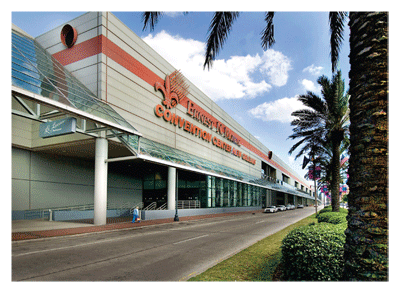To the Editor:
I had the opportunity to read your editorial, "Saying No to
I personally lived in
There are, however many issues to which I take offense with your "challenges" to ophthalmologists. The first is the theory that academy members should return to
I did not choose ophthalmology based on its monetary promises, and as a pediatric ophthalmologist and strabismus specialist, I am basically able to support myself and my family, living in a middle-class home and driving a 6-year-old car with over 120,000 miles on it. I still have thousands left to pay in student loans. Insurance payments are very low and our office works long, hard hours for very little. I wondered when I read your excerpt how well-read you truly were as to the variability and economics of our field in general. It seems you are not yourself an ophthalmologist. A non-eye MD suggesting that this group of specialists has all of this money to spend and ranks so high in revenue perturbed me. I can think of other specialties that make much more money than we do.
You then choose to use choice words like "shame" to criticize human beings who might be afraid to visit a city where crime is a huge problem, perhaps worse now than before Katrina. Personally, even before Katrina I was afraid most of the time in the downtown area. One of the retina fellows in my program was arrested due to racial profiling, having not broken the law. During Katrina, over half of the police force abandoned their posts and later left or were fired; therefore, the public who goes now does so knowing that security is still a big issue. Safety is an issue in other cities as well, but there are differences.
The convention center itself where the meeting is to be held was a moratorium of destruction and death, reminding people of how so many truly indigent people were left abandoned to suffer in urine and feces, while others haphazardly shot, raped and stole from them for over a week with no protection. When help came, it was too late for many. The reminders of events like this don't die easily and to suggest that as a group, we as rich ophthalmologists should just pour in and party, and spend money, does little to respect how the situation was handled at the local, state and federal levels. It also is a very inaccurate picture of who we are. Many
I also wondered if you yourself ever lived there. I could not imagine having a practice or any business in a city that was flooded beyond hope, where people were abandoned, and then asked to re-build without being able to obtain home or business insurance. Many business people including physicians have had to face this reality. Families of colleagues of mine here in
I think you should re-examine your method of communicating your best intentions, which apparently are to generate tourist revenue into a city where the reconstruction efforts are being carried out in reverse. Without protecting the levee, one can rebuild homes and lives of some, and watch when some years later, the same episode recurs.
I would prefer to donate the money to a fund to ensure that levees first and homes second are built again, as opposed to spending it in restaurants and tourist meccas and shops, where money circulation does not necessarily equate a thriving business economy protected from disaster and disease.
Finally, the issues are so problematic that I felt personally saddened that you would choose the verbiage you did such as "shame" as if some rich group of millionaires is living the life of ease while we ignore the problems of those who suffer. I would hope that for most of us, we chose our field to help people with profound problems. I take issue with your viewpoint of where ophthalmologists stand economically, and more so with how best we can contribute to helping a city with many problems rebuild itself.
Sincerely,
Adam D. Koenigsberg, MD
Pediatric Ophthalmology and Adult Strabismus



